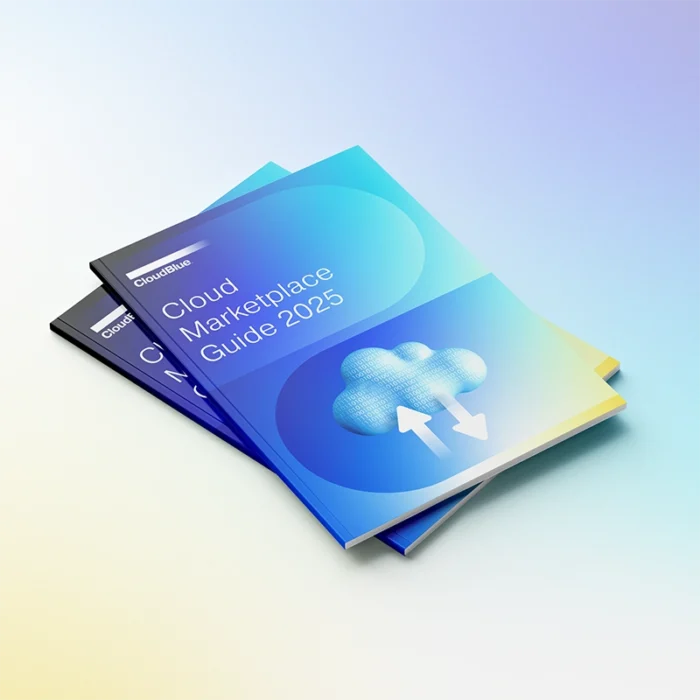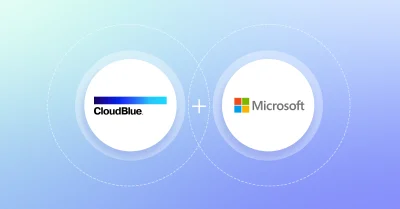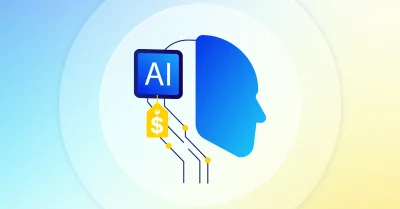In efforts to tackle market commoditization, incumbent telcos continue to explore new business-building initiatives. Despite these efforts, the sector as a whole achieved just 28% growth in total shareholder returns in the last seven years.
While the B2B sector offers forward-thinking telcos myriad growth opportunities, market differentiation will be a core success factor. For this reason, the Internet of Things (IoT) continues to rise to the surface for telcos looking to diversify their business model and stand out from the competition.
IoT has the power to deliver new operational advantages to businesses across sectors by building a mesh of advanced analytics, automated capabilities, and real-time insights. Yet many companies that have invested in IoT technologies struggle to realize its promised benefits. Connectivity is one of the key roadblocks to realizing this potential.
Across industries, there is a need for IoT solutions that are quick and simple to deploy. As we approach 2023 many telcos have already upgraded to 5G. This puts them in pole position for the year ahead with the opportunity to provide market-ready mobility and roaming IoT solutions that work “out of the box” by connecting the dots from device through to network in one bundle.
Let’s take a closer look at why IoT offers such promise for telcos and how they can deliver rock-solid implementation options.
Why it’s time for telcos to invest in the future of IoT
IoT technology offers telcos the chance to carve a new, service-provider-shaped role that will, in turn, help to increase recurring revenue margins and reduce churn. This aligns with the need of the customer to drive OPEX vs CAPEX spending. From smart hospitals and intelligent factories through to fleet management and autonomous cars, there is no shortage of B2B use case examples that demand lower latency, high bandwidth, and high reliability while roaming or in real-time motion. Telcos have the unique opportunity to provide solutions to enable these use cases to help customers realize the value of IoT very quickly.
For this reason, robust mobile network coverage is essential to the future of IoT adoption and telcos are already poised to help with their core business offering. Telcos can pull through massive core connectivity services that will elevate them from selling the “pipe” to selling tangible “business outcomes.” In this way, telcos have a strategic way to push against rising market commoditization. For example, the IoT market in Australia and New Zealand is expected to reach $24 billion by 2026. Providers who are able to help enterprises realize digital transformation goals and provide all important network connectivity will be able to showcase the true value of their services.
Adding to the story further is the lack of an all-encompassing market leader for the delivery of IoT services. Here, market fragmentation is so pronounced that analysts predict it will create significant uncertainty, as highlighted by Michele Mackenzie and Tom Rebbeck of Analysys Mason: “A firm that wanted to add connectivity to its device would struggle to choose a technology. It could simply add both—Qualcomm and others have modules that offer NB-IoT and LTE-M connectivity—but this adds complexity and cost; exactly what the industry wants to avoid with solutions for IoT.”
Telcos that act now to seize the IoT market will benefit from first-mover advantage. But with Verizon, Telefonica, Claro Brasil, and NTT Docomo already making strides in this direction, the race is on to solve the existing supply chain challenges.
How to simplify IoT delivery
IoT promises a radical improvement to the way we live, work and play. The technology is based on a network of physical objects that are continuously connected to the internet in order to send real-time updates back and forth, creating a rich data flow from edge devices to central servers.
The ability to deliver a seamless digital self-service experience to B2B customers relies on having a robust supply chain—and here lies the core opportunity. IoT service delivery is made up of a number of interconnected layers that need to be unpacked if supply chain issues are to be solved:
Connectivity: IoT relies on high speed, low latency, and reliable internet. Ideally, this coverage should seamlessly accommodate the many use cases in play. Secure, private 5G networks are needed at scale.


Devices: There are endless IoT device manufacturers, which creates a complexity introduced by multi-vendor non-integrated IoT solutions across the supply chain. Logistics, inventory, validation, contract management, and support need to be assessed for each vendor. In addition, device manufacturers use varying products and standards that make software compatibility difficult to guarantee.
Applications: Similar to device hardware, IoT software applications are being produced by a large volume of ISVs. This market fragmentation creates multiple risk areas when it comes to interoperability, device compatibility, and versioning with no clear standards in play. Privacy is also a key concern, as highlighted by new EU legislation that aims to tackle cyber attacks with steep fines aimed at developers who don’t comply.


Commerce: If customers are looking to purchase simple business subscriptions for IoT solutions, telcos will struggle to realize the full sales potential of any product or service. With a fragmented supply chain, telcos are faced with manual IoT vendor integrations to their BSS and OSS systems that can take several months and cost hundreds of thousands of dollars per vendor. This makes the task of building an IoT product catalog that delivers value and optionality to customers an astronomical task.
While solving these challenges won’t be an overnight task, a solution can be found through the power of partner ecosystems.
Transforming the future of IoT with partner networks
Telcos hold an ace card when it comes to the future of IoT. With the offering of stable, 5G connectivity already in hand, telco players solve a major market challenge for all channel players keen to harness the potential of IoT.
But accelerating IoT adoption across the B2B market needn’t—and shouldn’t—be a solo journey. Trying to solve every challenge alone will not only increase the scale of the project but also cost critical time-to-market. Combined this could see telcos lose the edge that first-movers hold.
Instead, telcos can partner up with other channel players to solve the supply chain issues from end to end. Established distributors will have logistics, inventory, and contracting covered for numerous vendors and suppliers, meaning new products and services can be added quickly. Some distributors may even have their own IoT divisions with experience building tech stacks for a variety of use cases while ensuring interoperability.
Finally, telcos can look to join forces with a supply chain platform partner–especially those with a large set of pre-integrated vendors. This ensures that the right bundle of IoT solutions can reach the hands of customers easily and help minimize the workload associated with product fulfillment. The right supply chain platform partner will be able to automate complex subscription and billing workflows automatically or even offer a digital self-service experience that lets customers select their IoT solutions on demand.
Such partnership ecosystems offer ready access to hardware and software vendors combined with a powerful on-demand digital delivery experience. From here, telcos need only bundle connectivity and move on to sales.












